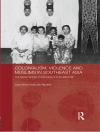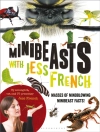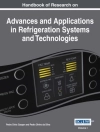’Community’ is one of social science’s longest-standing concepts. The assumption of much social science has been that humans belong in communities, as social and cultural beings.
The trouble with 'community’ is that this is not necessarily so; the personal social networks of individuals’ actual experience crosscut collective categories, situations and institutions. Communities can prove unviable or imprisoning; the reality of community life and identity can often be very different from the ideology and the ideal.
In this book, the authors draw on their ethnographic experiences to reappraise the concept and the reality of 'community’, in the light of globalisation, religious fundamentalism, identity politics, and renascent localisms. How might anthropology better apprehend social identities which are intrinsically plural, transgressive and ironic? What has anthropology to say about the way in which civil society might hope to accommodate the ongoing construction and the rightful expression of such migrant identities?
Spis treści
Prologue: The Book’s Questions
1. An Anthropology Without Community?
2. The Truth of Movement, the Truth as Movement: 'Post-cultural anthropology’ and Narrational Identity
3. Dialogue: Movement, Identity and Collectivity
References
Index
O autorze
Nigel Rapport is Professor of Anthropological and Philosophical Studies at the University of St Andrews. He is author of Community, Cosmopolitanism and the Problem of Human Commonality (Pluto, 2012) and The Trouble with Community: Anthropological Reflections on Movement, Identity and Collectivity (Pluto, 2002).












